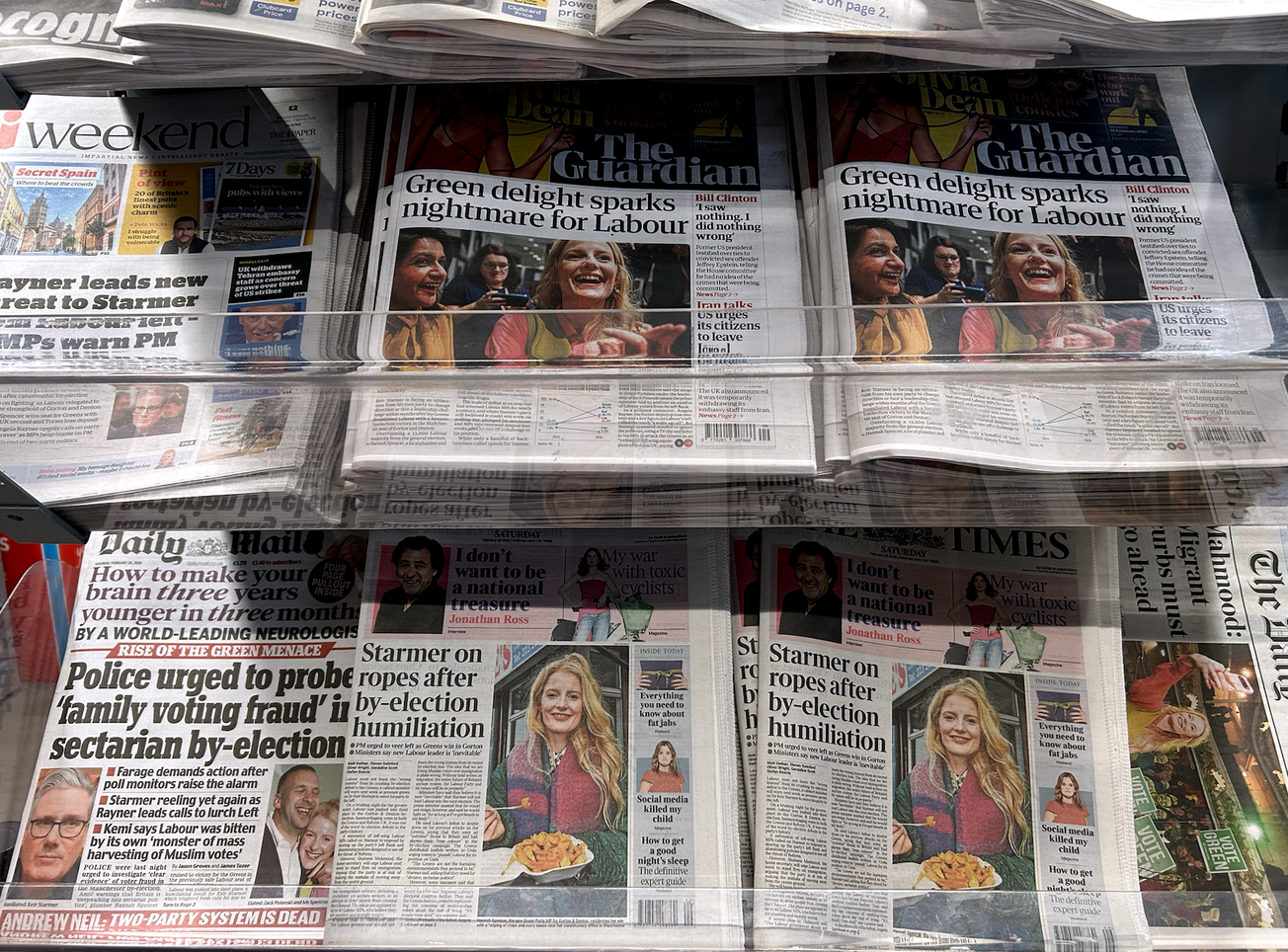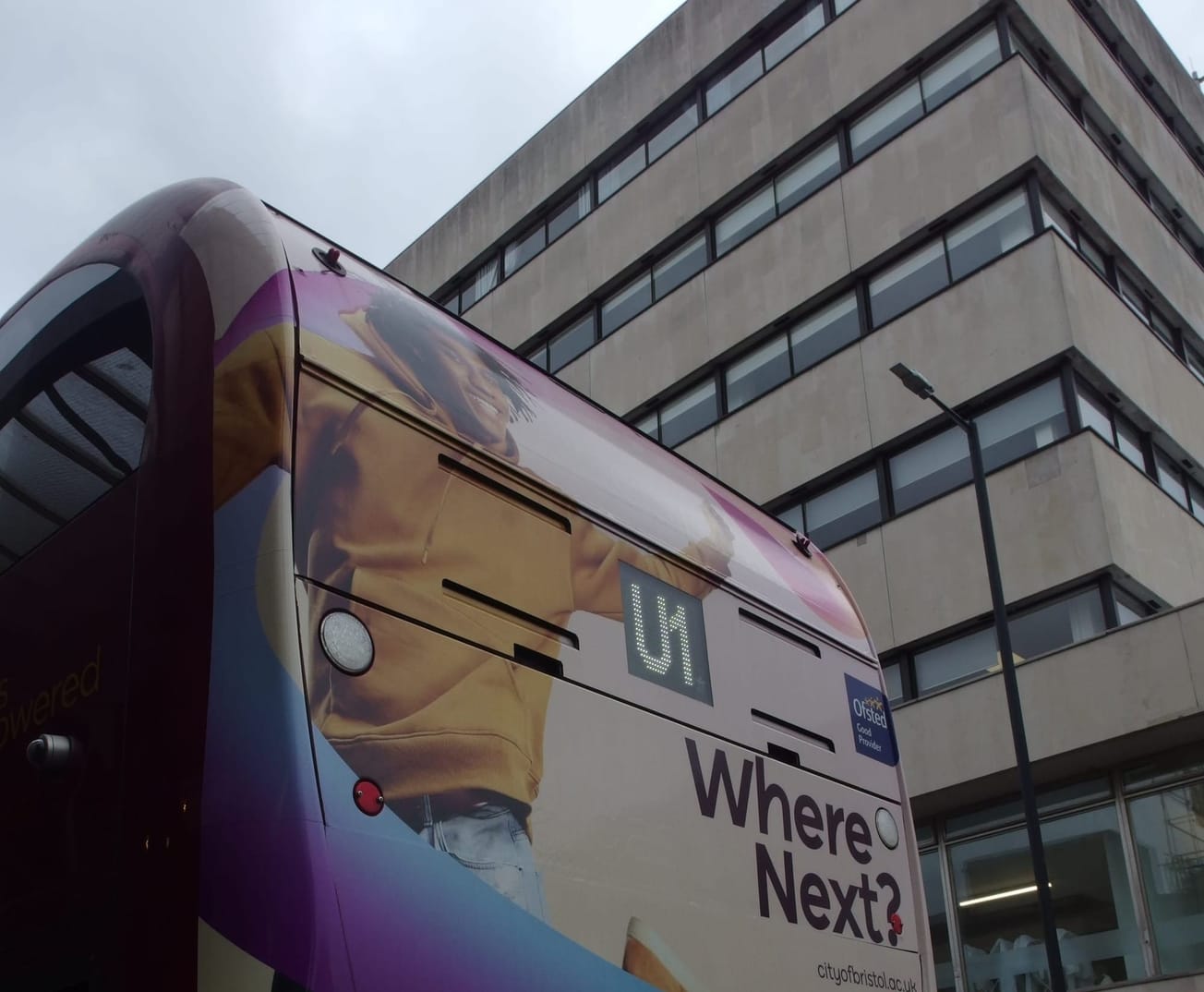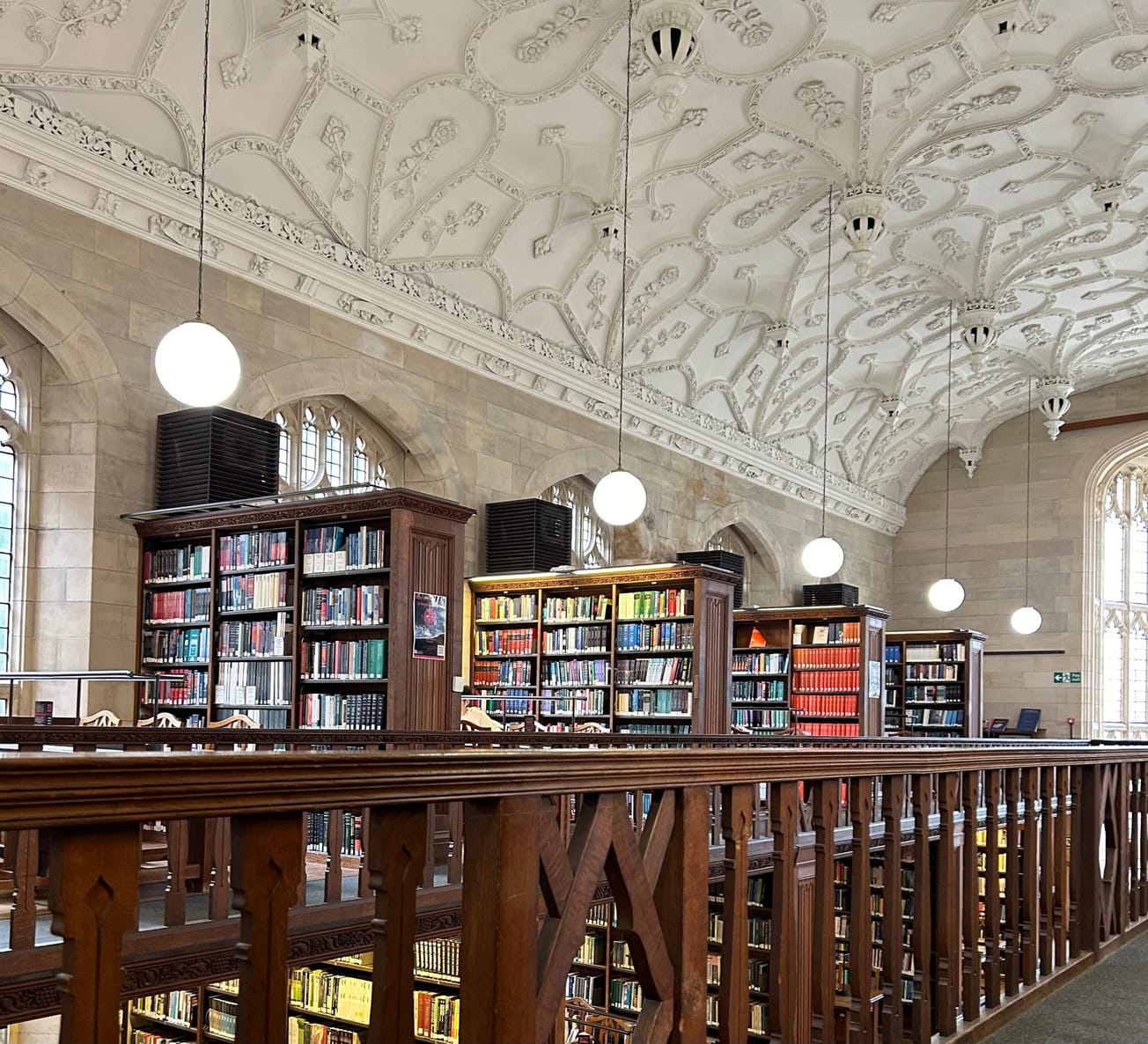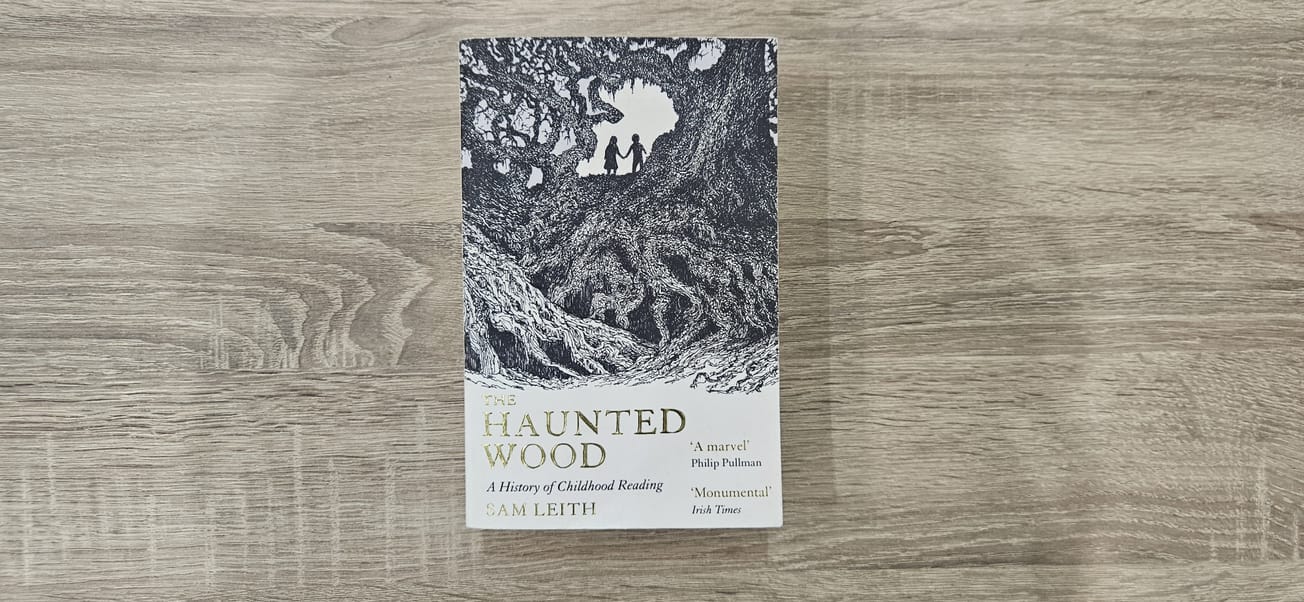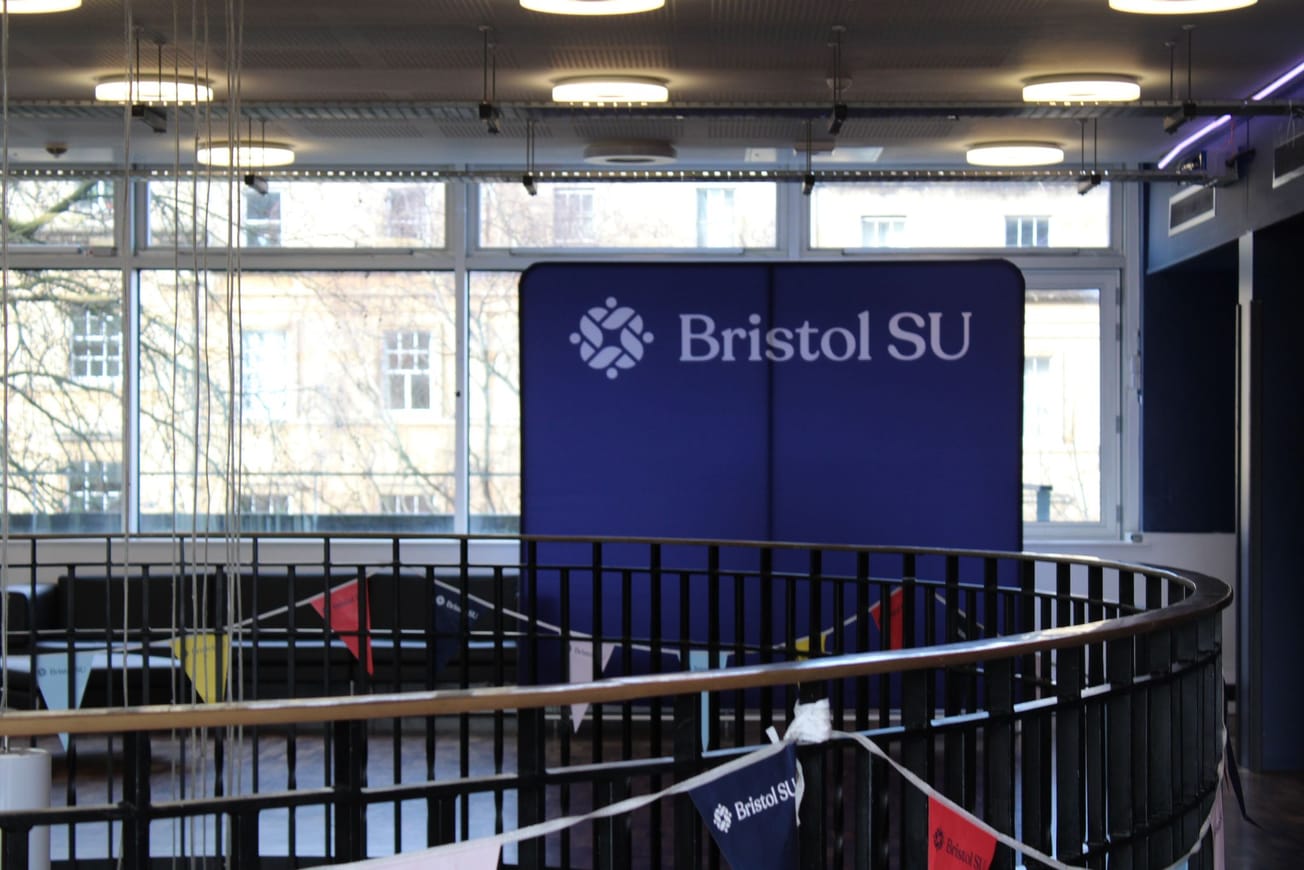By Stella Rogers, Third Year Politics and International Relations
At the Labour party conference on Monday, a pro-Palestine protestor was forcibly removed from the venue after interrupting Chancellor, Rachel Reeves. Reeves then retorted that the ‘This is a changed Labour party. A Labour party that represents working people, not a party of protest’.
By saying this, Reeves has ignored the origins and history of her party, which was born out of trade union movements. Even the Labour party’s website pridefully asserts that its formation was ‘the result of many years of struggle by working class people’. This ‘struggle’ led to changes such as the right to unionise, vote, and a 40-hour work week. Workers did not gain these rights by asking nicely, or always acting peacefully, but by organising themselves and planning direct action - protesting.
Reeves is right that the Labour party has ‘changed’; the roots of this change can be traced back to Tony Blair’s government. Blair’s government repealed the party’s Clause IV, which cited ‘common ownership of the means of production’ as a key goal of the Labour party. Instead, the party would aim to distance itself from trade unions and embrace a ‘third way’, prioritising markets, whilst also supposedly creating social justice. Keir Starmer’s government has further consolidated this, with private lobbyists having an unprecedented sway on policy. Big business will never protect the interests of the people, as profits will always be their primary goal, not welfare. Since 1997, the Labour party has become less and less aligned with actual working people and more aligned with business interests, despite their conception being founded on workers’ struggle.
The introduction of the minimum wage, which the party’s website celebrates as an achievement of theirs, was born out of a tumultuous struggle by working people. In 1912, coal miners went on a 37-day strike over non-standardised wages. This led to large disruption to both the railways and shipping industries, essentially forcing the government to pass the Coal Mines Minimum wage act, which would later spread to other manual labour sectors. Whilst reading about this, I couldn’t help but draw parallels between the techniques of the miners in 1912, and the strikes of NHS workers in 2022. Both professions were considered essential and, therefore, striking was labelled as harmful by those in power. Leader of the, then, opposition, Keir Starmer positioned himself as being sympathetic to the demands of NHS workers yet opposed their picketing. This is yet another example of Labour leadership posturing as progressive, yet not backing any action that could lead to change.
Similarly, the steps towards a 40-hour work week could not be made without protest movements. In 1919, the Clyde Workers Committee (CWC) called for a strike and demonstration of ship-workers in George Square in Glasgow, with the aim of reducing the working week from 54 to 40 hours. Uneasy from the aftermath of the Russian Revolution, police attacked sections of the 25,000 large crowd with batons, fights ensuing after. Despite violent responses from police, this protest led to legislation for a 47-hour work week. Once again, history demonstrates how many protections we take for granted has been achieved by the plight and protest of working people.
Rachel Reeves’ comments demonstrate either a wilful ignorance or lack of understanding of this history. If Labour does truly ‘represent working people’, the party can’t escape that protest has been intrinsic to gaining workers’ rights. The fact that the chancellor of the Labour party is able to distance herself from the act of protest demonstrates a key change in Labour’s make-up. The MPs of the party used to be the ‘working people’. Now, Labour simply ‘represent[s]’ working people. This calls into question the ability of a party represent a group of people they don’t actually embody. In the 1920s, 70% of Labour’s MPs were from working-class occupations. As of 2015, only 8% are, with the majority of MPs always having careers in politics. How can individuals who have never had to fight for their rights as workers, or perhaps rebellious politics at all, decide that, as so-called representatives of the working people, that protest is undue?


